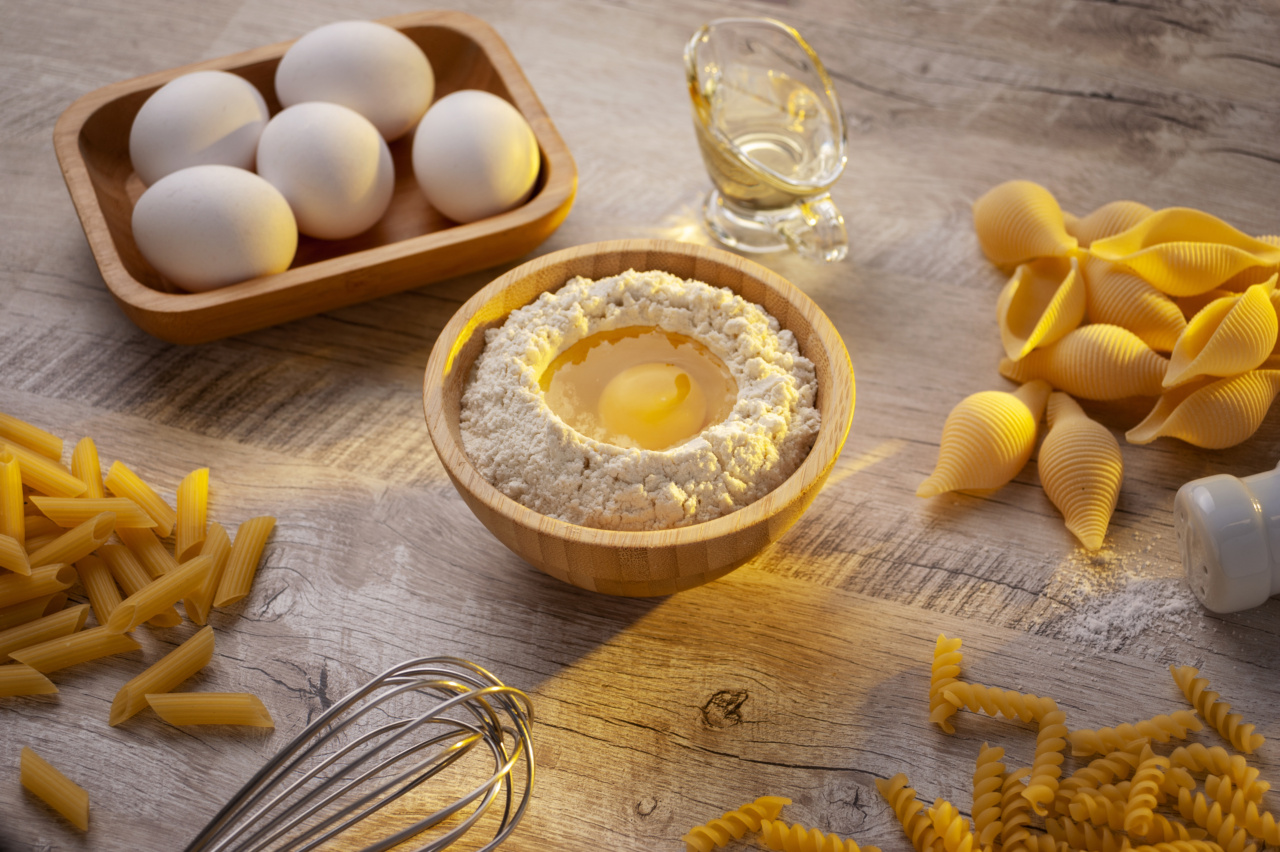With advances in technology, it is now possible to freeze a woman’s eggs for future use. This process, known as oocyte cryopreservation, has become increasingly popular in recent years, particularly amongst women who wish to delay childbearing.
However, like any medical procedure, there are both advantages and disadvantages to freezing your eggs. In this article, we will explore the pros and cons of this procedure.
Pros
Increased options for future family planning
One of the most significant benefits of egg freezing is that it gives women greater control over their reproductive choices.
Women who are not ready to become parents can choose to freeze their eggs and use them later when they are ready to have children. This is particularly beneficial for women who may need to delay childbearing due to career or personal reasons.
Higher success rates than ever before
Due to advances in egg freezing technology, the success rates of frozen egg pregnancies have significantly improved in recent years.
The success rates are now comparable to those of fresh egg pregnancies, which means that women who choose to freeze their eggs have a good chance of achieving a successful pregnancy when they eventually decide to use them.
Preservation of fertility
Egg freezing is also a way for women to preserve their fertility in case they undergo medical treatment that could harm their ovaries. Certain types of cancer treatments, such as chemotherapy, can cause permanent damage to a woman’s eggs.
By freezing their eggs beforehand, women can protect their fertility and give themselves a greater chance of becoming pregnant after treatment.
Reduced risk of genetic abnormalities
As women age, the quality of their eggs decreases, which can lead to an increased risk of genetic abnormalities in any children they conceive.
By freezing their eggs at a younger age, women can increase the likelihood of having healthy embryos when they eventually decide to use their frozen eggs.
Cons
Cost
Egg freezing is an expensive procedure, and it may not be covered by insurance. The cost of the procedure can range from $10,000 to $15,000, which can be a significant financial burden for many women.
Not a guarantee of pregnancy
While the success rates of frozen egg pregnancies have improved, there is still no guarantee that a woman will become pregnant when she eventually decides to use her frozen eggs.
The success rates also depend on the age of the woman when the eggs were frozen, with younger women having a higher chance of success.
Emotional impact
Egg freezing can be an emotionally challenging process. Many women choose to freeze their eggs because they feel a sense of urgency to preserve their fertility, which can lead to feelings of stress and anxiety.
The process can also be physically demanding, with hormone injections and regular doctor’s appointments required.
Limited storage time
Eggs can only be stored for a limited period of time. In the United States, the maximum storage time is ten years, although this may vary by country.
This means that women who choose to freeze their eggs will need to use them within the storage time frame, or they risk losing them.
No guarantee of egg viability
While women may freeze a large number of eggs, not all of them will be viable.
This means that even if a woman chooses to use her frozen eggs, there is no guarantee that all of them will be suitable for use, which can reduce the chances of a successful pregnancy.
Conclusion
Freezing your eggs can be an excellent way to preserve your fertility and give you greater control over your reproductive choices. However, like any medical procedure, there are both advantages and disadvantages to consider.
If you are considering whether to freeze your eggs, it is important to discuss the procedure with your doctor and carefully consider whether it is the right choice for you.


























